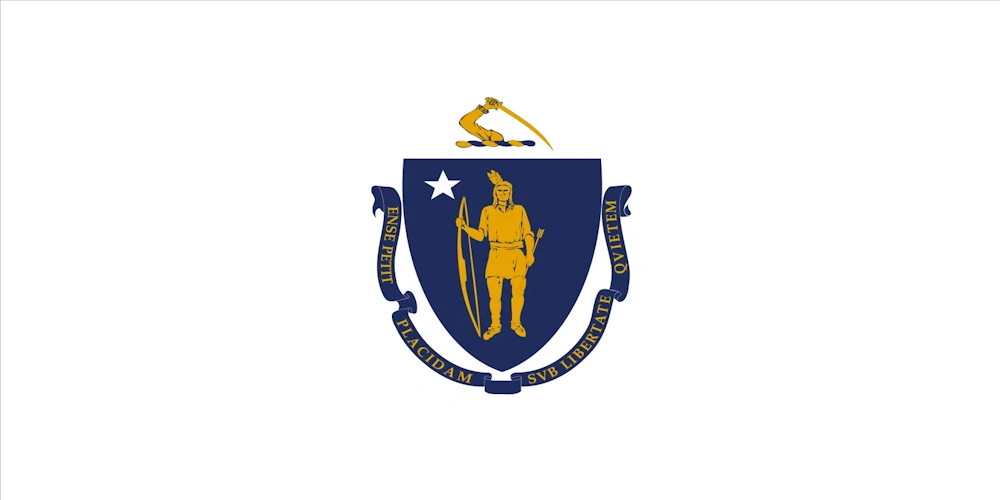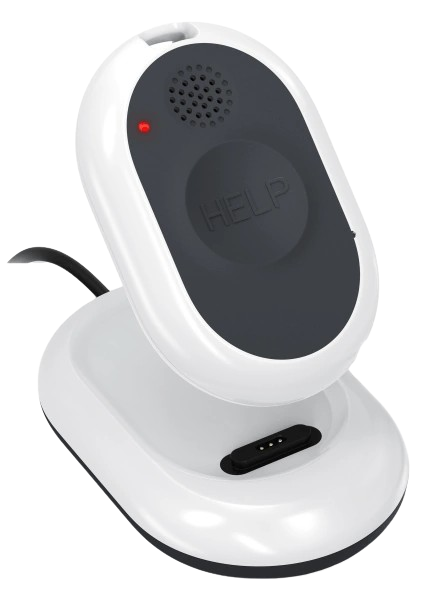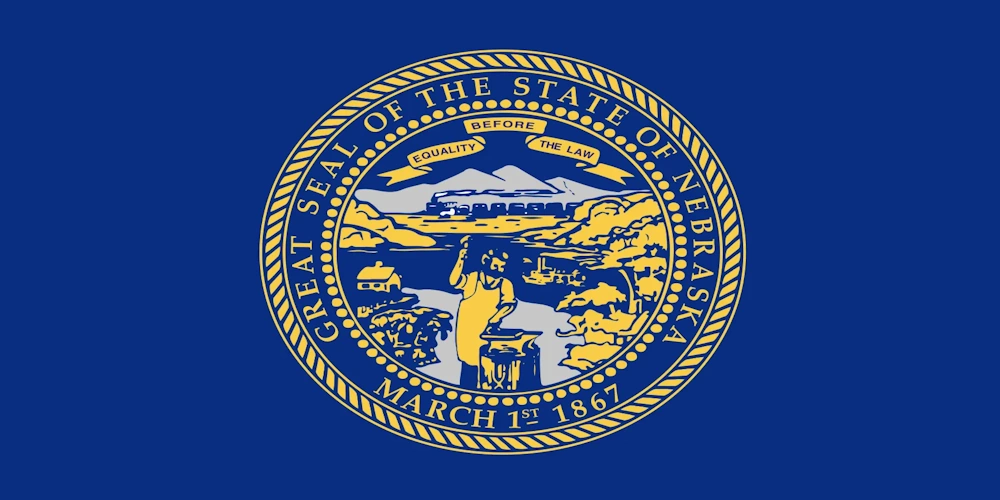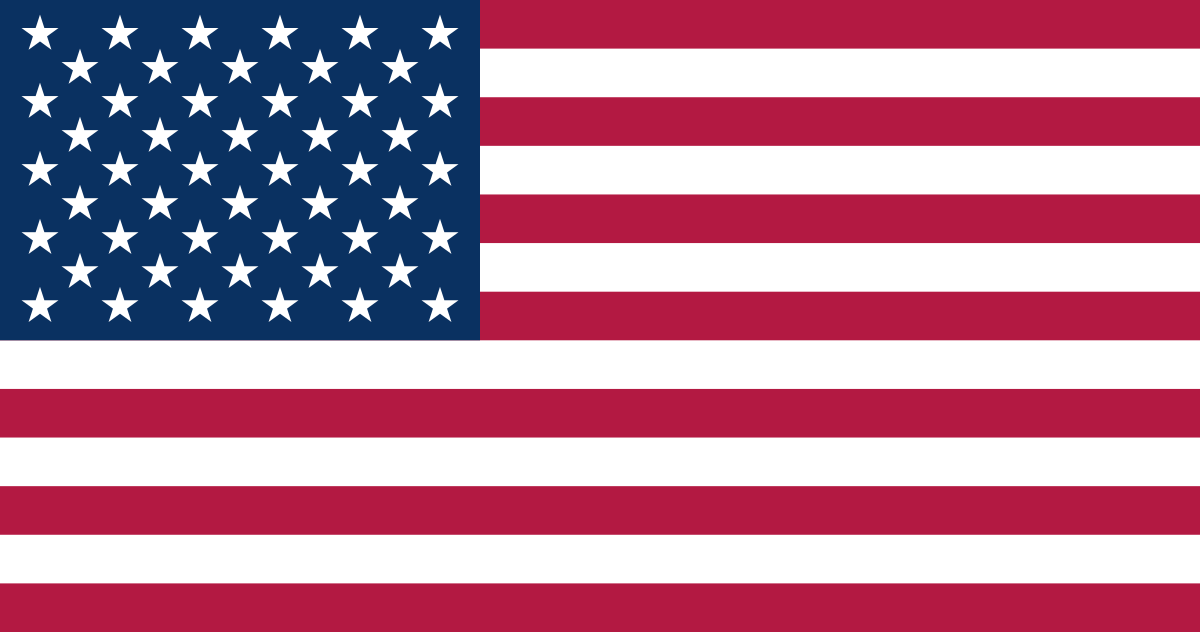Massachusetts has a diverse economy powered by sectors such as healthcare, life sciences, higher education, construction, and transportation. In many of these fields, employees are required to work alone or in isolated settings without direct supervision. These lone workers face unique safety risks, making it essential for employers to proactively address their protection.
Unlike some states, Massachusetts does not operate its own OSHA-approved occupational safety and health plan. As a result, federal OSHA (Occupational Safety and Health Administration) regulations apply to most private-sector workers. Public-sector workers, including state and municipal employees, are covered under a state-run program operated by the Massachusetts Department of Labor Standards (DLS).
On This Page
Our Guide To Lone Worker Safety Policy And Legislation In Massachusetts
Lone worker safety in Massachusetts is governed by a dual framework:
- Federal OSHA regulations apply to all private-sector employers and employees.
- The Massachusetts Department of Labor Standards (DLS) enforces OSHA-aligned standards for state and local government workers under the Massachusetts Public Sector Safety and Health Standards.
While neither OSHA nor DLS has a regulation specifically titled “lone worker safety,” both authorities require employers to address any foreseeable risks—such as working in isolation—under the General Duty Clause and other applicable standards.
How Massachusetts Defines A Lone Worker
Although Massachusetts law does not provide a formal definition, a “lone worker” is generally understood to be anyone performing their job without direct supervision or coworkers nearby. These individuals are at a higher risk in emergency scenarios, making proactive planning and hazard assessment critical.
Examples of lone workers in Massachusetts include:
- Home healthcare providers making unsupervised visits
- Maintenance or janitorial staff working late shifts
- Security personnel guarding facilities alone
- Utility technicians performing fieldwork in rural or urban areas
- Lab staff conducting research outside normal hours
- Municipal workers handling inspections or site visits solo
Whether in the public or private sector, these roles require additional safeguards to ensure safety and timely emergency response.
Employing A Lone Worker In Massachusetts
Massachusetts employers—whether under state or federal jurisdiction—must address the unique risks associated with lone work. While there is no lone worker-specific law, regulations under both OSHA and DLS require employers to evaluate hazards and implement protections for employees, including those working alone.
Recommended practices include:
- Performing Risk Assessments: Identify potential hazards faced by lone workers on the job.
- Establishing Communication Systems: Use check-in procedures or digital safety tools to stay connected.
- Deploying Safety Technology: Equip workers with mobile apps or devices that offer GPS tracking and emergency alerts.
- Emergency Training: Train employees on procedures for responding to accidents, injuries, or threats while alone.
- Documenting Policies: Maintain clear protocols and ensure workers understand them through regular training.
Following these guidelines can help Massachusetts employers fulfill their safety obligations and reduce liability.
Learn How You Can Protect Your Employees With Loneworker.com

With Loneworker.com you can be equipped with the knowledge and the means to protect your employees and protect your business. Contact us today to learn more about how Loneworker.com can protect you and your employees.
How The Safe Lone Worker App Can Protect Massachusetts Lone Workers And Employers
The Safe Lone Worker app is a flexible, high-tech solution for managing lone worker safety in both public- and private-sector settings. The app offers real-time GPS tracking, SOS panic buttons, automatic check-ins, and fall detection, helping organizations respond quickly to emergencies.
Whether deployed across university campuses, public health departments, or construction firms, this solution helps employers meet compliance standards while prioritizing the safety of employees working in isolation.
Massachusetts Lone Worker Policies
Massachusetts enforces lone worker protections through both federal OSHA (for private-sector workers) and its OSHA-approved public-sector plan (for state and local government workers), operated by the Massachusetts Department of Labor Standards (DLS). While no law exists specifically targeting lone workers, employers are responsible under the General Duty Clause and related safety regulations to anticipate and manage hazards associated with working alone.
For the most current and authoritative guidance, visit OSHA.gov and Massachusetts DLS. This article is intended for general informational purposes only and should not be considered legal advice.
Massachusetts Lone Worker Resources
OHS Contact Centre
- 1-866-415-8690
CDC / NIOSH
- 800-232-4636

Affordable Monitoring For Lone Workers In Massachusetts

-
 Monitoring Your Employees' Safety
Monitoring Your Employees' Safety
-
 GPS Tracking And Monitoring
GPS Tracking And Monitoring
-
 Man Down Panic Alerts
Man Down Panic Alerts
-
 24/7 Protection Anywhere
24/7 Protection Anywhere
Lone Worker Legislation
Lone Worker Safety Policies And Legislation By State
-
 Alabama State Safety Policies And Legislation
Alabama State Safety Policies And Legislation
-
 Alaska State Safety Policies And Legislation
Alaska State Safety Policies And Legislation
-
 Arizona State Safety Policies And Legislation
Arizona State Safety Policies And Legislation
-
 Arkansas State Safety Policies And Legislation
Arkansas State Safety Policies And Legislation
-
 California State Safety Policies And Legislation
California State Safety Policies And Legislation
-
 Colorado State Safety Policies And Legislation
Colorado State Safety Policies And Legislation
-
 Connecticut State Safety Policies And Legislation
Connecticut State Safety Policies And Legislation
-
 Delaware State Safety Policies And Legislation
Delaware State Safety Policies And Legislation
-
 Florida State Safety Policies And Legislation
Florida State Safety Policies And Legislation
-
 Georgia State Safety Policies And Legislation
Georgia State Safety Policies And Legislation
-
 Hawaii State Safety Policies And Legislation
Hawaii State Safety Policies And Legislation
-
 Idaho State Safety Policies And Legislation
Idaho State Safety Policies And Legislation
-
 Illinois State Safety Policies And Legislation
Illinois State Safety Policies And Legislation
-
 Indiana State Safety Policies And Legislation
Indiana State Safety Policies And Legislation
-
 Iowa State Safety Policies And Legislation
Iowa State Safety Policies And Legislation
-
 Kansas State Safety Policies And Legislation
Kansas State Safety Policies And Legislation
-
 Kentucky State Safety Policies And Legislation
Kentucky State Safety Policies And Legislation
-
 Louisiana State Safety Policies And Legislation
Louisiana State Safety Policies And Legislation
-
 Maine State Safety Policies And Legislation
Maine State Safety Policies And Legislation
-
 Maryland State Safety Policies And Legislation
Maryland State Safety Policies And Legislation
-
 Massachusetts State Safety Policies And Legislation
Massachusetts State Safety Policies And Legislation
-
 Michigan State Safety Policies And Legislation
Michigan State Safety Policies And Legislation
-
 Minnesota State Safety Policies And Legislation
Minnesota State Safety Policies And Legislation
-
 Mississippi State Safety Policies And Legislation
Mississippi State Safety Policies And Legislation
-
 Missouri State Safety Policies And Legislation
Missouri State Safety Policies And Legislation
-
 Montana State Safety Policies And Legislation
Montana State Safety Policies And Legislation
-
 Nebraska State Safety Policies And Legislation
Nebraska State Safety Policies And Legislation
-
 Nevada State Safety Policies And Legislation
Nevada State Safety Policies And Legislation
-
 New Hampshire State Safety Policies And Legislation
New Hampshire State Safety Policies And Legislation







